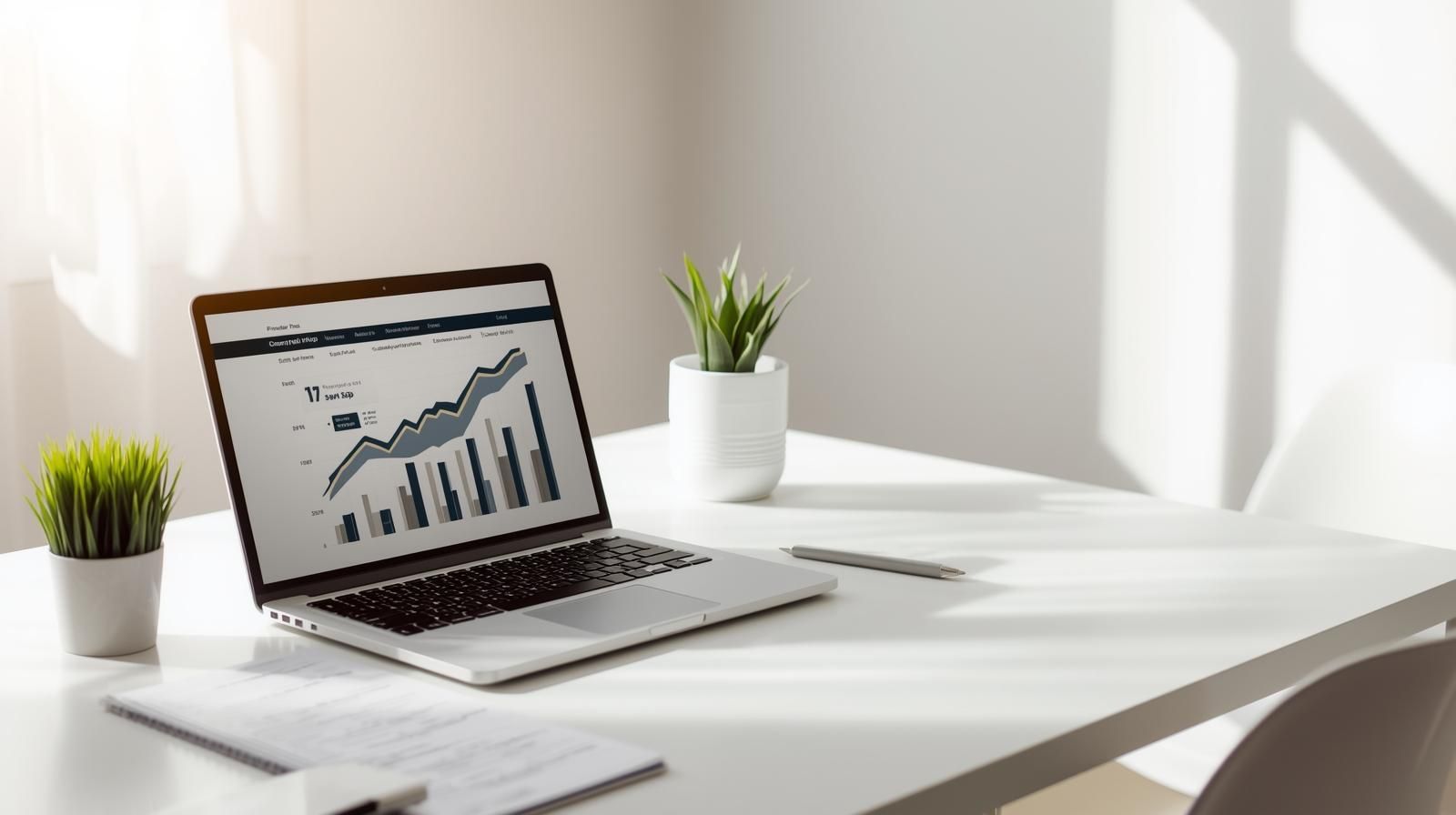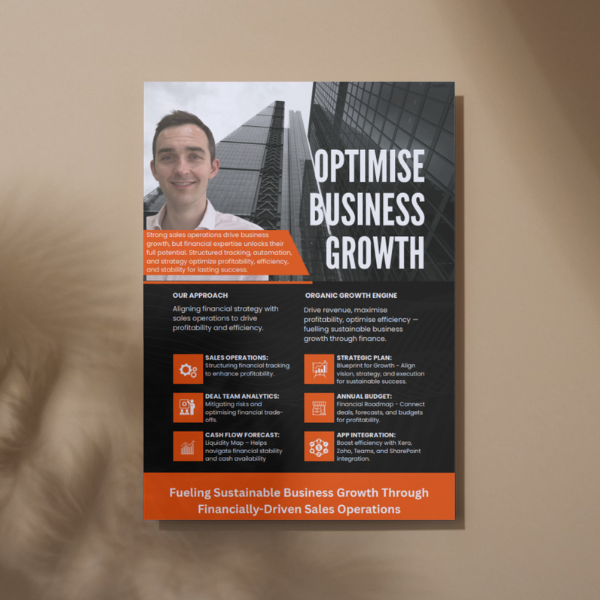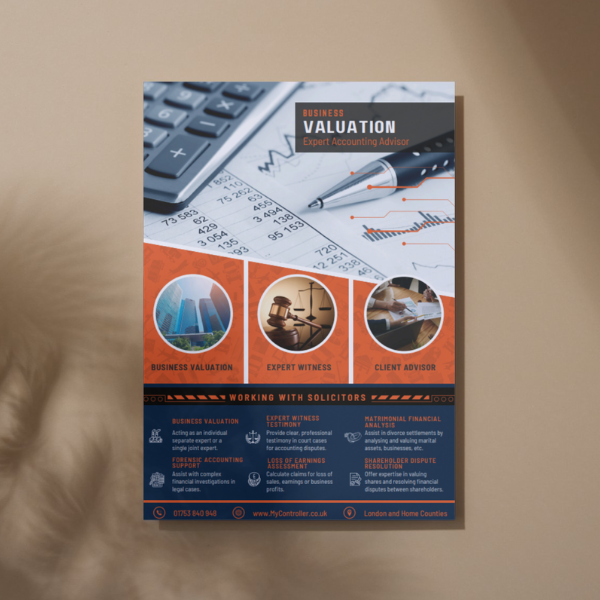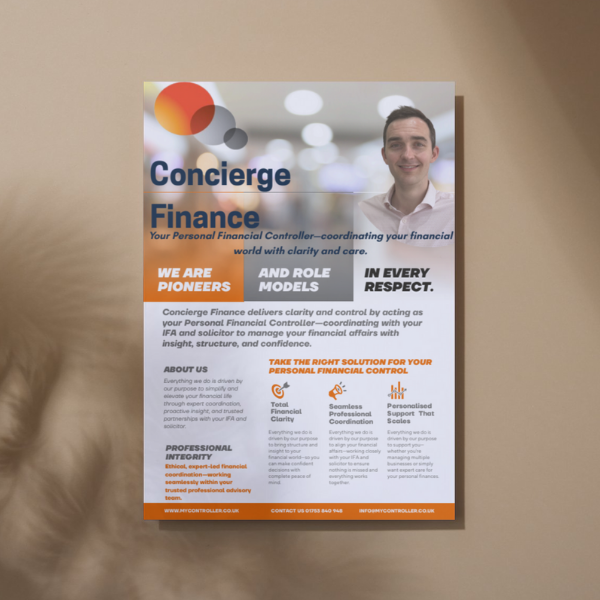Lease vs Buy: A Director’s Dilemma
Lease vs Buy: A Director’s Dilemma
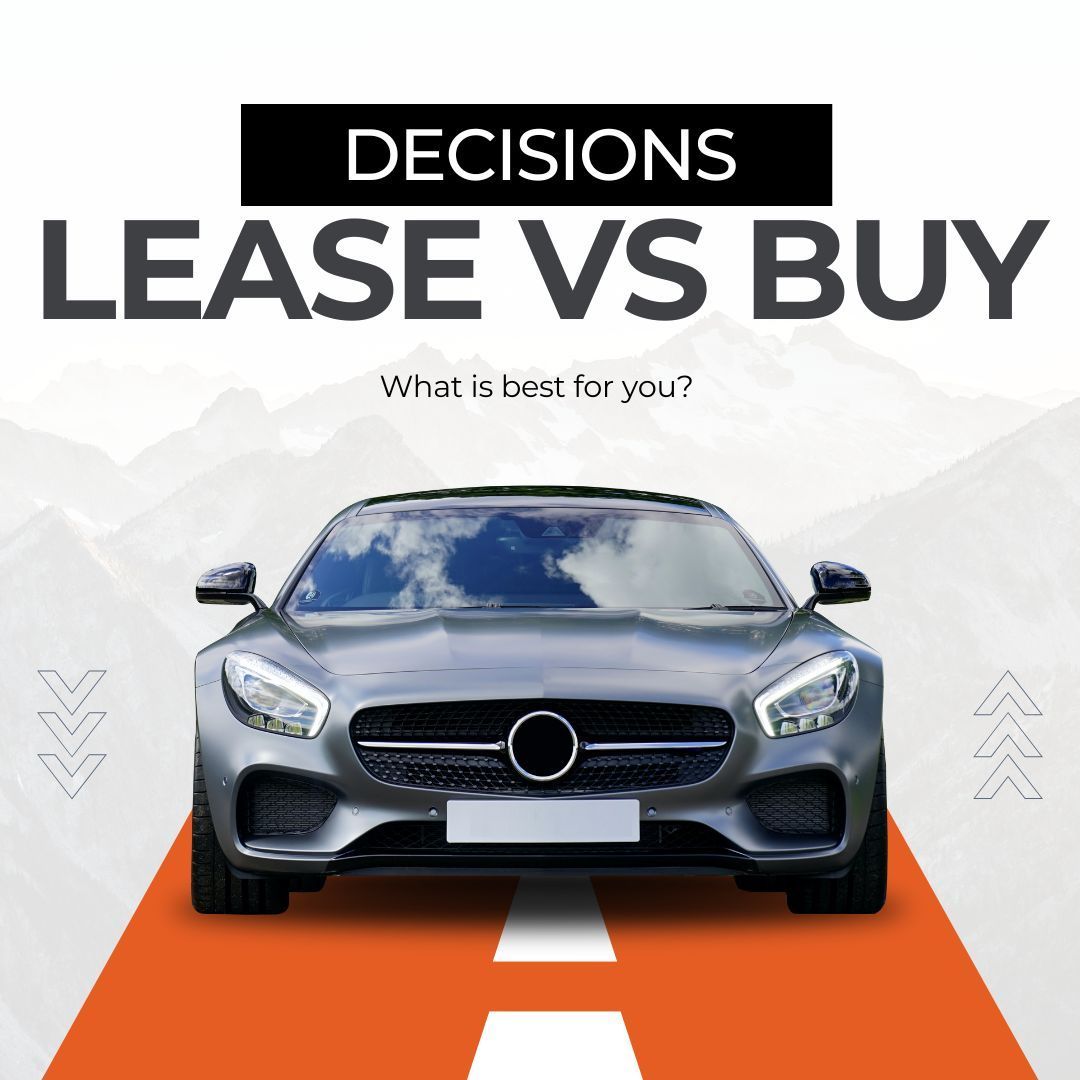
Wendy and Sarah, co-directors of a growing manufacturing business, sat down with their accountant at MyController, James, to discuss an important financial decision: should they lease or buy their next set of company vehicles?
The Conversation Begins
"We need new vans for the business," Wendy started, glancing at Sarah. "But should we buy outright, finance them, or lease?"
"It’s a bigger decision than it seems," James nodded. "Each option has different financial implications—cash flow, balance sheet impact, tax treatment, and even VAT recovery. Let’s go through them."
Option 1: Buying Outright
James explained that purchasing the vehicles outright would mean an immediate cash outflow but would result in full ownership.
- The vehicles would sit as assets on their balance sheet.
- Depreciation would be accounted for over time.
- While initial costs would be high, they wouldn’t have ongoing lease payments.
"We’d own them, but it’s a big upfront cost," Sarah mused.
Option 2: Hire Purchase (HP)
"HP is an option if you want ownership without the immediate financial hit," James continued. "You spread the cost over time but still gain ownership at the end."
- The vans would still be assets on the balance sheet.
- Monthly repayments would include interest, increasing the total cost over time.
- Tax treatment would differ from leasing, and VAT could be a consideration.
"So, like buying, but with smaller payments spread out?" Wendy clarified.
Option 3: Finance Lease
A finance lease was a middle-ground option.
- The vans would technically remain the leasing company’s assets.
- Lease payments would appear on the profit and loss account.
- VAT would be handled differently compared to outright purchase or HP.
"Sounds like we’d get the benefits without tying up capital, but we don’t really own them," Sarah noted.
Option 4: Operating Lease
"This is more of a rental approach," James explained. "You use the vans for a fixed period but return them afterward."
- No capital outlay or ownership.
- Lease payments are treated as business expenses.
- VAT recovery would depend on the type of lease.
"Lower risk, but we never actually own them," Wendy considered.
Making the Decision
"Ultimately, it depends on your priorities," James summarised. "If ownership matters, buying or HP makes sense. If flexibility and cash flow are key, leasing could work better."
Wendy and Sarah exchanged glances. They wanted control over assets but also needed cash flow flexibility.
"Maybe HP is the right route," Sarah suggested. "We gain ownership but don’t drain cash reserves immediately."
"Let’s run the numbers and compare the long-term impact," James agreed. "A strategic approach here can save you money in the long run."
The Takeaway
Choosing between leasing and buying isn’t just about cost—it’s about cash flow, tax implications, financial strategy, and future business growth. An experienced accountant can help navigate these decisions and optimize outcomes for your business.
Are you facing a similar dilemma? Let’s talk about structuring the right finance solution for your business.
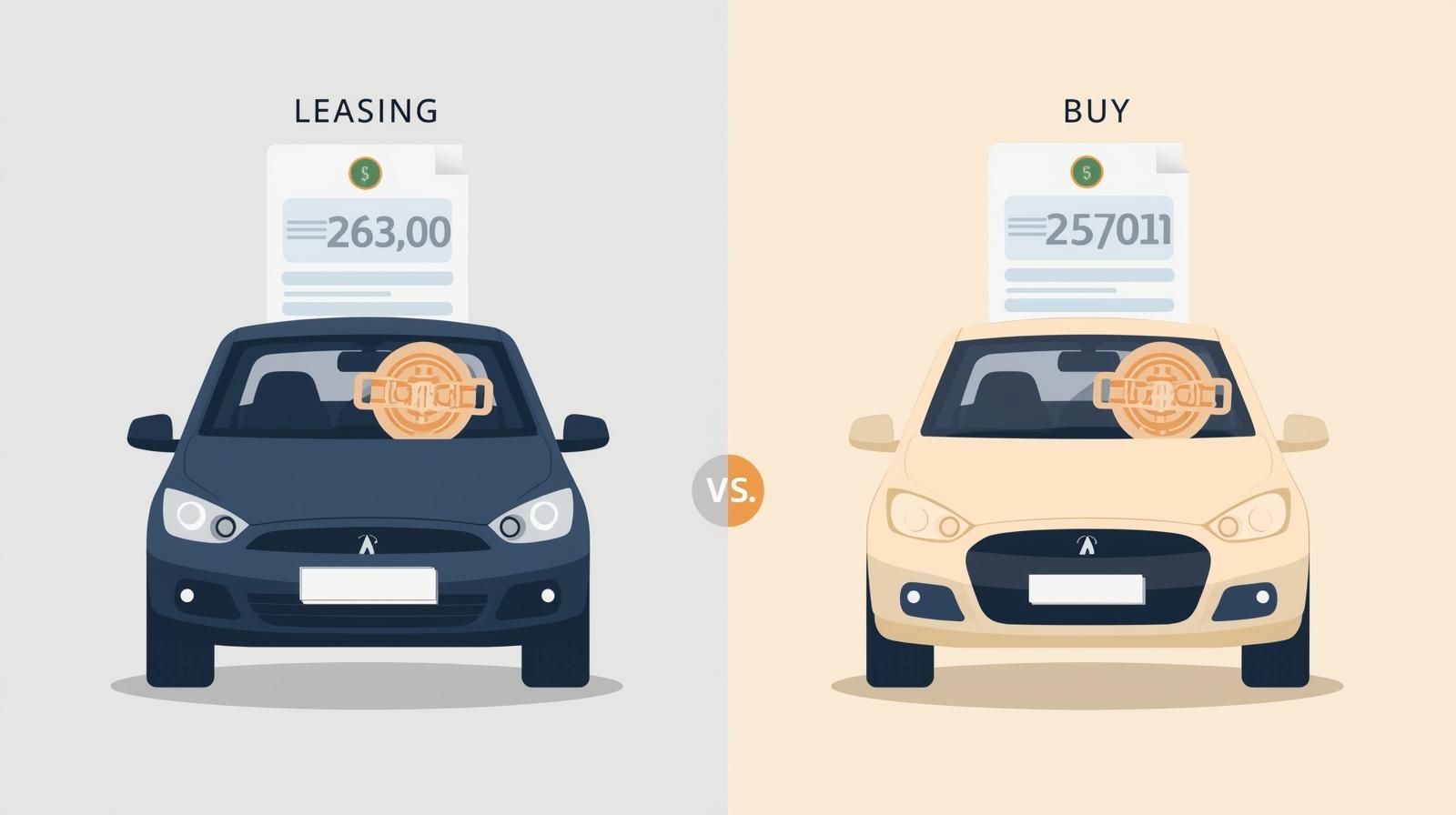
Share:

